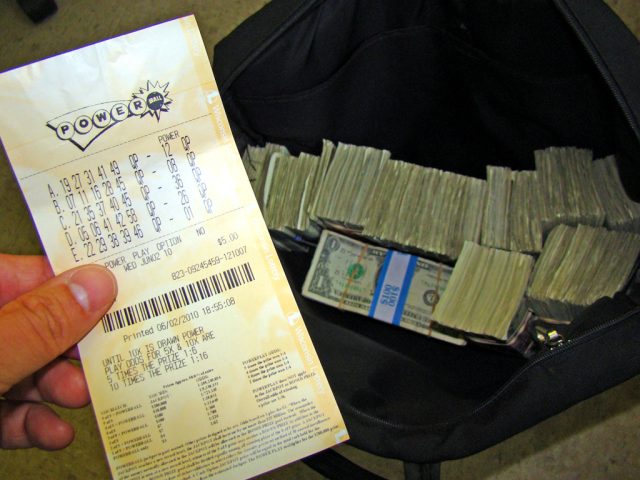
"Let me tell you about the very rich. They are different from you and me... They think, deep in their hearts, that they are better than we are...”
F. Scott Fitzgerald wrote that in 1925 in a short story called The Rich Boy. Today, some highly touted recent research seems to prove him right, indicating that those with higher incomes are less generous than those with lower incomes. But the new study shows that the upper echelons of society are not simply peopled by greedier, less moral individuals; the rich are merely tight fisted when they are surrounded by actual or even perceived income inequality. As different as they may be, they seem to be as susceptible to their surroundings as the rest of us.
Researchers at the University of Toronto and Stanford decided to revisit the reams of data from psychological experiments demonstrating that money is just as corrupting a force as power and that high earners are selfish. Instead, they suspected that being surrounded by vast economic inequality is what renders the economic elite less generous.
To test their hypothesis, they had 1,498 representative US residents play the dictator game. Contrary to what you think, this is not Christian Grey's favorite Saturday night activity—it's a standard measure of generosity in economic studies. In this game, each contestant got ten raffle tickets, valued at either $10 or $500, and they could choose to give them away or not.
Turns out that income alone, in the absence of inequality, was not correlated with a lack of generosity. But the top 15 percent of earners were less generous if they lived in states with higher income inequality, even controlling for age, education, gender, marital status, ethnicity, political orientation, marital and employment status, religious observance, etc. (Fun fact: Washington DC has the highest level of inequality, and the state of Wyoming has the lowest.)
Of course, this association does not demonstrate causality; perhaps more generous people just gravitate to more equal areas. So the researchers then showed the study participants a pie chart depicting simulated economic data in their home state. Those who thought they lived under conditions of high inequality were less generous than lower-income participants who were shown the same chart. When inequality was portrayed as low, generosity was not significantly linked to income level. So high inequality made only the rich less generous.
A couple of phenomena could explain these findings. When there is a large gap between the highest earners and others, those at the top may feel a) more entitled to their status; and b) more worried about losing it. These days income inequality is once again as pronounced as it was in Fitzgerald's time; these findings suggest that its effects on society may be subtler and further reaching than we even realize.
PNAS, 2015. DOI: 10.1073/pnas1511536112 (About DOIs).
reader comments
270